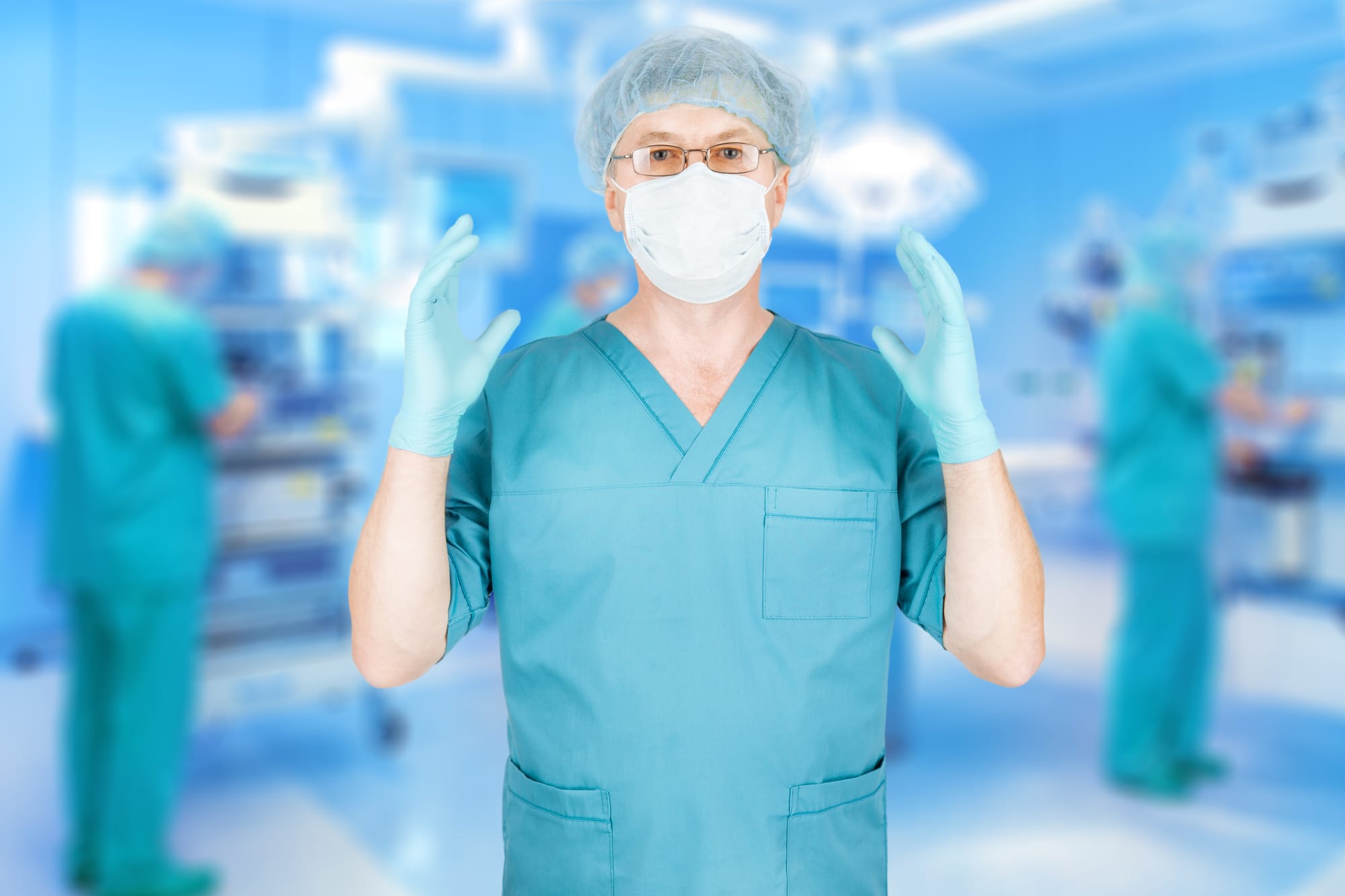New research shows artificial intelligence (AI) will be a powerful tool in aiding diagnosis—and preventing medical error.
Delayed or missed diagnosis is a serious problem throughout the practice of medicine. When a physician, pathologist, or radiologist fails to recognize a symptom, pattern, or blurred line in an imaging test, the results can literally be fatal for a patient for whom time is of the essence.
Recent research published in The Lancet paints an impressive picture of how AI algorithms might be developed and trained to provide critical diagnostic assistance in identifying cancers. In this study, scientists used images taken from over one million parts of tissue slides collected from patient prostate biopsies. Experts labeled each image so that the algorithm could identify the pattern it was presented.
Following this education, the algorithm was then presented with 1600 slides from 100 patients with suspected prostate cancer.
Lead author and chief pathologist Dr. Rajiv Dhir at the University of Pittsburg notes, “Humans are good at recognizing anomalies, but they have their own biases or past experience. Machines are detached from the whole story. There’s definitely an element of standardizing care.”
The outcome? The algorithm scored a 98 percent sensitivity and 97 percent accuracy with detection of prostate cancers. The algorithm was also able to report on tumor grading, invasion, and impact on surrounding nerves and sizing. The performance of the algorithm was considerably better than previous programs used for tissue identification from slides.
Noting that the algorithm will not replace human review, Dr. Dhir said it could “act as a failsafe to catch cases that might otherwise be missed.” He also added that the same algorithm could be trained to recognize other cancer and condition-specific tissue samples—for example, with breast cancer where radiology misreads are common.
Standardized AI could prove more than a “failsafe” option for pathologists. In matters where human lives are in the offing, well-designed, fully tested AI could provide primary screening services in which accuracy does not depend on a good night’s sleep or morning coffee.
Human or machine, diagnostic errors will always occur, but another pair of eyes, or machines, on a radiology film or tissue slide could offer a patient a fighting chance at recovery instead of “I am sorry, we missed it.”
Experienced medical malpractice lawyers can help you today
The law firm of Schochor, Staton, Goldberg, and Cardea, P.A. provides compassionate client service and aggressive legal representation for individuals and families hurt by medical mistake. Serving clients throughout the country from offices in Baltimore, Maryland, and Washington, DC for more than 35 years, we offer a free consultation to discuss your case. Contact us or call 410-234-1000 today.

